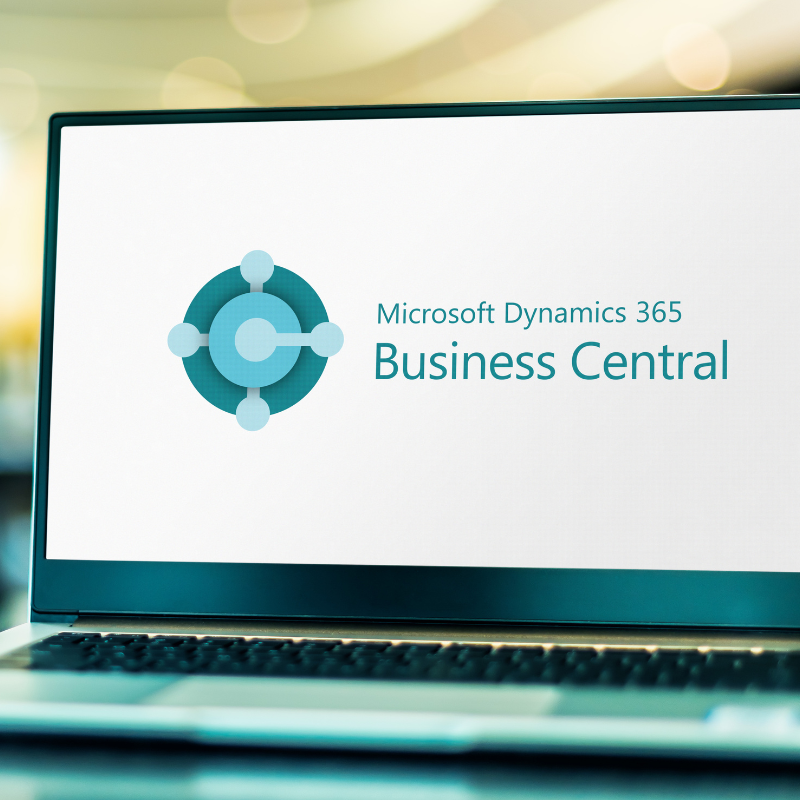In today’s fast-paced business landscape, companies must be agile, efficient and adaptable to remain competitive. Enterprise Resource Planning (ERP) systems are the backbone of modern businesses, streamlining operations, enhancing productivity and enabling data-driven decision-making. However, some organizations hesitate to embark on ERP migration projects due to budget constraints or concerns about economic downturns. Let’s explore why delaying an ERP migration or ERP implementation project for these reasons is a mistake, and why investing in a modern ERP system can lead to significant long-term benefits.
The Cost of Outdated ERP or Separate Systems
One common reason for delaying ERP migration is the upfront cost of implementing an ERP system. While it’s true that ERP migrations can require a substantial investment, the cost of maintaining an outdated ERP, manual workarounds or relying on separate systems arguably have a more significant financial impact in the long run.
Consider the example of a company still running an on-premises solution, Microsoft Dynamics GP or other ERPs on an antiquated AS400 server. The costs associated with maintaining the server infrastructure, software updates and security can add up quickly. On top of that, outdated ERP systems may lack essential features or may no longer receive regular updates, causing inefficiencies in day-to-day operations and exposing you to cyberattacks. Employee productivity can suffer, and decision-makers may struggle with outdated data and reporting capabilities.
In contrast, migrating to a modern cloud-based ERP solution like Microsoft Dynamics Business Central or Oracle NetSuite can result in substantial cost savings over a short period of time. Cloud-based ERPs eliminate the need for on-premises server maintenance, reduce IT overhead and provide scalability to accommodate business growth or efficiency improvements. Moreover, cloud solutions often offer subscription-based pricing models, making it easier for organizations to manage their budgets.
Missing Out on Economic Upswings
Economic downturns are a reality in business and can be challenging to navigate. However, delaying an ERP migration project due to economic uncertainties can lead to missed opportunities when the economy rebounds. Modern ERP systems are designed to help companies optimize their operations and seize growth opportunities, even in challenging economic environments.
Organizations can become more efficient, reduce operational costs and enhance their competitive edge by implementing a new ERP system. These companies will be better positioned to capitalize on the upturn when the economic situation improves. They can quickly adapt to changing market conditions, scale their operations and meet customer demands more effectively. This is far more profitable than trying to undertake an ERP implementation once the upturn has occurred.
In such challenging economic times, businesses are under immense pressure to streamline operations and maximize efficiency. Postponing an ERP implementation project means missing out on the transformative power of this technology to optimize processes, enhance decision-making and facilitate resource allocation. This delay not only hinders the organization’s ability to adapt swiftly to changing market conditions by not having readily available and advanced reporting, but also prevents the organization from harnessing the full potential of its workforce as staff take longer to complete more manual tasks on older or separated systems. As a result, operational inefficiencies persist, and valuable resources are underutilized, ultimately leading to higher costs and missed opportunities for cost savings and revenue generation. In the long run, the price of postponement far exceeds the initial investment, making timely ERP implementation a crucial strategy for financial resilience in turbulent economic times.
Minimizing Growth Potential with Inefficient Processes or Systems
Another critical reason not to delay an ERP migration project is the potential for stifling growth by maintaining inefficient processes or systems. Outdated ERPs, disparate systems or segregated data can create bottlenecks, hinder collaboration and limit the ability to scale operations.
Inefficient processes can also impact customer satisfaction and hinder the ability to meet market demands promptly. In today’s highly competitive landscape, customers expect seamless experiences and organizations with outdated systems may struggle to deliver on these expectations.
Modern ERP systems come equipped with features like automation, real-time data analytics and mobile accessibility. These capabilities can streamline operations, improve decision-making and enable organizations to provide better customer service. By delaying an ERP migration, companies risk falling behind competitors who have embraced innovate digital solutions.
Stop Delaying Your ERP Project
Delaying an ERP migration project due to budget concerns or economic downturns can be shortsighted and costly in the long run. The expenses of maintaining outdated ERP systems or relying on separate systems often outweigh the initial investment required for a modern ERP solution. Additionally, postponing the migration can result in missed opportunities during economic upturns and limit growth potential due to inefficient processes.
To stay competitive, agile and adaptable in today’s business landscape, organizations must prioritize ERP migration projects and embrace the future of digital transformation. By doing so, they can reduce costs, position themselves for economic growth and unlock their full growth potential. ERP migration is not just an expense; it’s an investment in the sustainability and success of your business.
Contact Us
For more information or to discuss your organization’s ERP migration project, contact our ERP and CRM Consulting Services Team.




